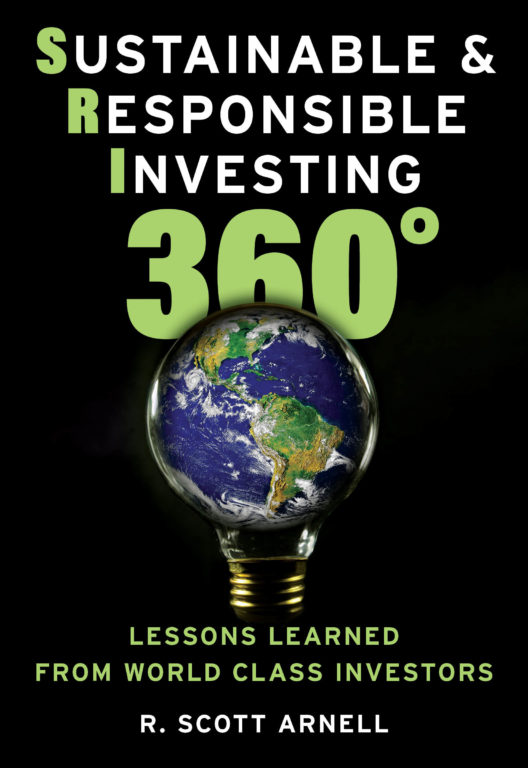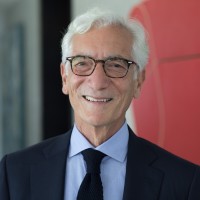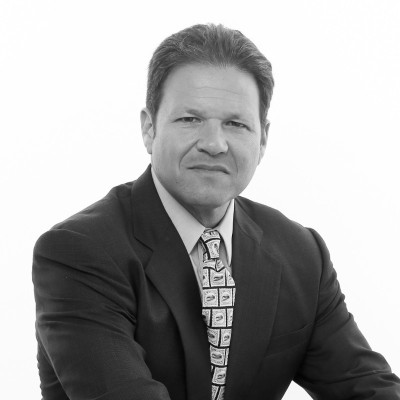
Socially responsible investments (SRI) generally exclude certain sectors that are considered to have a negative impact on society (e.g., tobacco) and/or prioritize firms with a positive social and environmental performance (e.g., fewer work-related incidents). What distinguishes the SRI approach to Impact Investing is that the latter (which the Global Impact Investment Network (GIIN) reports has more than $715 billion in assets under management globally) goes a step beyond. Impact Investors aim to positively impact social or environmental issues by, for example, investing in firms that develop green technology solutions.
Impact Investing for Real Outcomes
An investor may divest from companies that produce fossil fuels because they personally value a cleaner and more sustainable environment, or they consider the risks related to so called “stranded” assets. They may also proactively invest in companies that demonstrate a high-level of transparency and overall better performance in managing their supply chain responsibly.
Their investment choices are aligned with their own values and risk considerations, and the companies they invest in follow established SRI and ESG (environmental, social, and governance) principles. But an Impact Investor will prefer to invest in companies that are solving problems and therefore actively impact a positive outcome. They may invest in companies that improve a certain status quo, or even create technology to capture carbon, limit carbon emissions, and clean up air pollution. In that way, they are investing to solve real-world problems – to create measurable impact.
Taking an Active, Holistic, Systemic Approach
Jean-Philippe de Schrevel, Founder and Managing Partner at Bamboo Capital Partners, is recognized as a global impact investment pioneer. I spoke with him recently and he described how, within the context of SRI and ESG, Impact Investing is an active way of investing for impact. “It’s great to give very poor people access to some sort of finance,” he explained, “and it’s impactful.”
He cited micro-finance as a beneficial tool to support small “micro entrepreneurs” for whom small loans can make a huge, life-changing positive difference. But he pointed out that their families still need access to other resources such as housing, education, healthcare, and clean energy. In other words, you cannot solve a problem like poverty – which is pervasive across all aspects of a person’s life – without taking a holistic ecosystem approach.
Future-Forward Fiduciary Responsibility
De Schrevel’s view of investing is also characterized by a broad, holistic approach that looks at the long-term impact of investments. He doesn’t just see Impact Investing as a good idea but defines it as a component of exercising fiduciary responsibility. He believes there is a responsibility within Impact Investing to deliver both the financial outcomes promised as well as the social impact that was promised.
As he illustrates, “Your fiduciary responsibility to your future pensioners is to make sure that there’s still a world for them to live in, in 40 or 50 years.” In his view, it’s not enough to be a responsible steward of their finances. You also have to help ensure that the planet can still sustain them, years from now, when they reach retirement age and start spending their pension funds.
Investing in Scalable Solutions
Many fund managers may think that his definition of fiduciary responsibility is too ambitious or even idealistic. But De Schrevel, who also co-founded the well-known microfinance company, BlueOrchard, offers a path forward that anyone – even a small individual investor – can take to make a meaningful impact. “Stop looking at purely financial returns,” he advises, “and start investing in true scalable solutions.”
That’s what Impact Investors do, with impressive success. They uncover problems that urgently need solving. Then they look around to see if there are business solutions that can address those problems. They support those businesses, often by joining their boards or helping them with financing, training, and other resources. At the same time, they actively monitor the results in terms of quantifiable impact. If it’s addressing a lack of education in a poor agricultural community, for instance, they can analyze literacy levels and how many students are completing their education. They can measure how those who earn agricultural degrees impact their communities with a stronger agricultural economy and a sustainable food supply.
Blended Finance Playing a Bigger Role
Impact Investing is vitally necessary, Schrevel adds, because he has observed that “a whole range of international NGO’s, organizations, and UN agencies are realizing that the pure grant-making business is challenged and is probably not sufficient to meet their goals.” An important trend within the Impact Investing space is the evolution toward using blended finance to fund impactful initiatives. Schrevel explains, “Basically, blended finance is structured finance using different types of capital into one single pool of assets. Instead of having plain vanilla funds where you take the full risk, maybe there’s an intelligent way of combining catalytic capital, public money capital, and risk-taking capital.”
Blended finance can also make Impact Investments more appealing to private sector investors who want a competitive financial return and will be incentivized to invest if the risk of their investment has been lessened through this blend of capital. That allows private investors to participate in genuinely impactful investments that also offer an acceptable, appropriate level of comfort and reassurance.
Become an Impact Investor
The marketplace for Impact Investment used to be accessible only by major financial institutions. But that is rapidly changing as both professional and individual investors want to do their part to create beneficial impact. To learn more about how to become an Impact Investor, listen to the complete podcast interview I did with Jean-Philippe De Schrevel.
You can also hear directly from other highly successful Impact Investors I interviewed for the newly released book ‘Sustainable & Responsible Investing 360°: Lessons Learned From World Class Investors. The book contains 27 interviews with a variety of leading SRI investors, and you can obtain your copy here.







